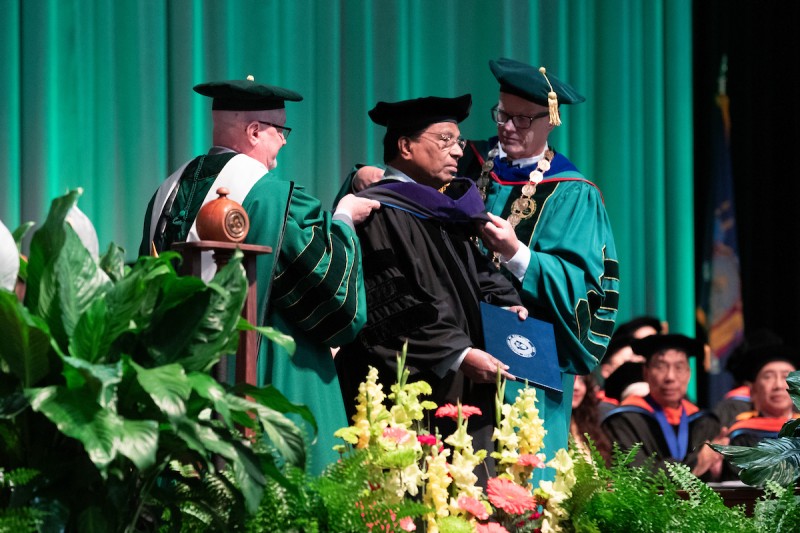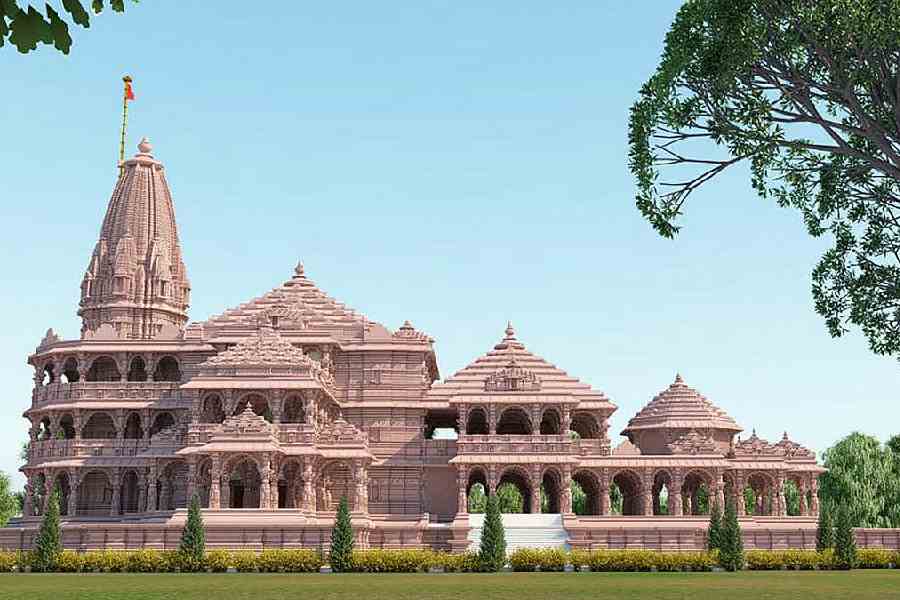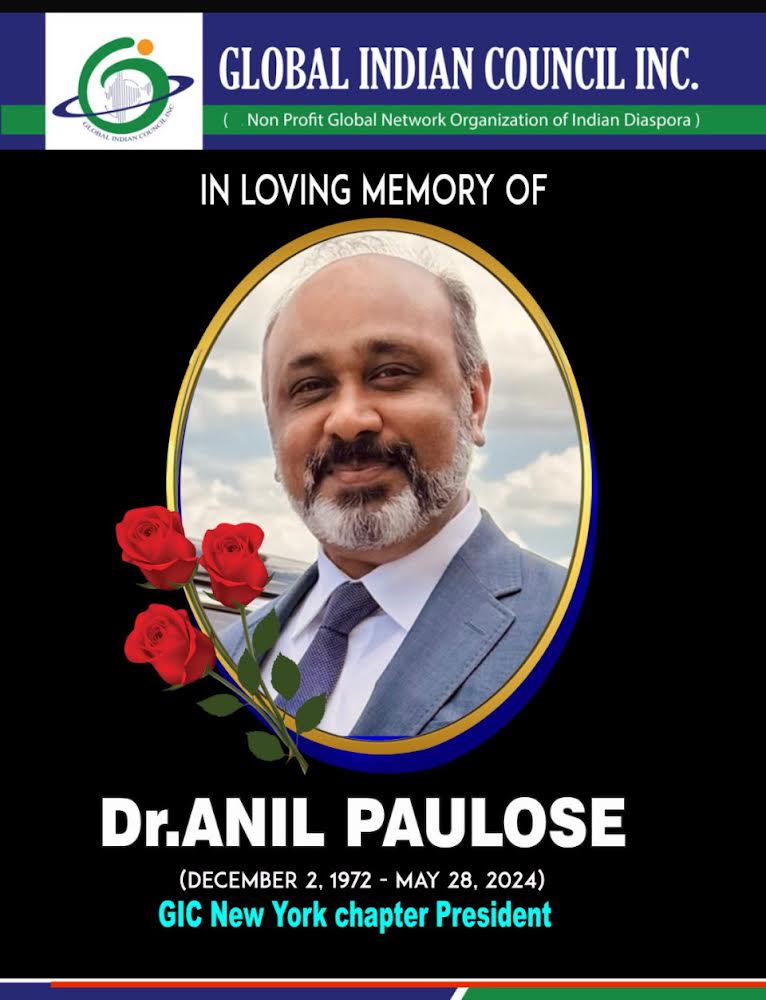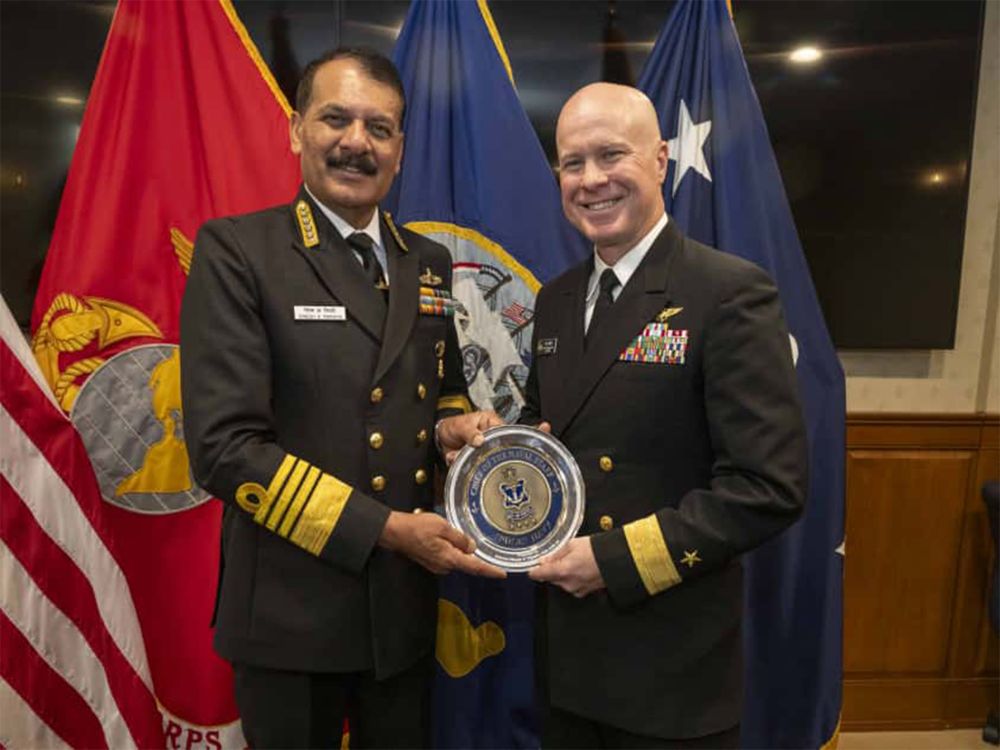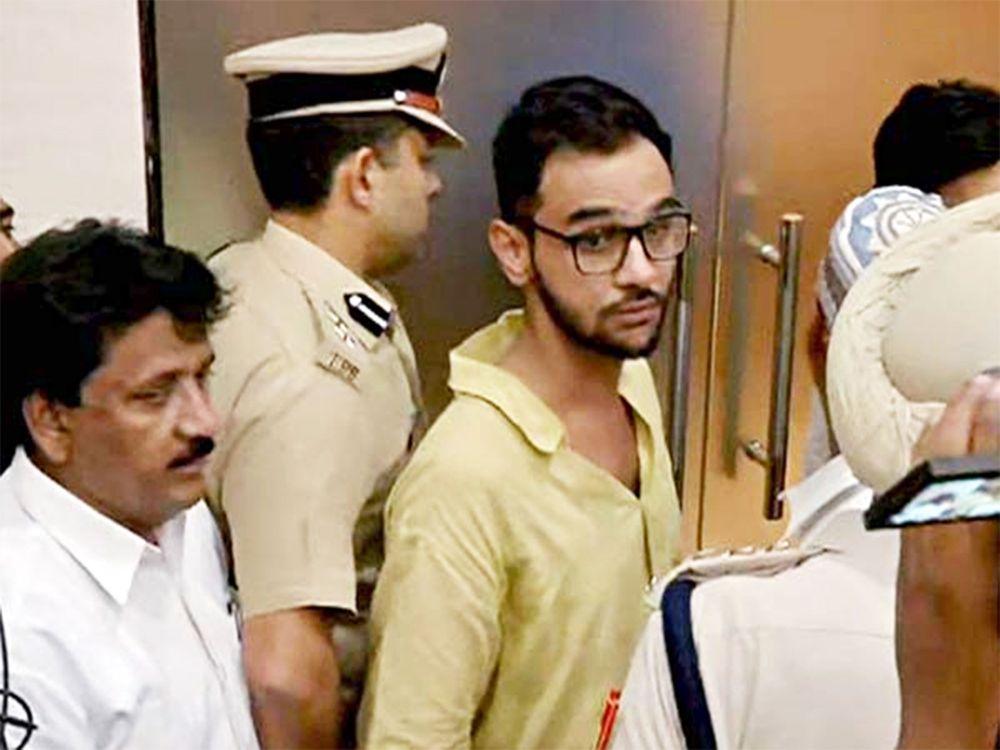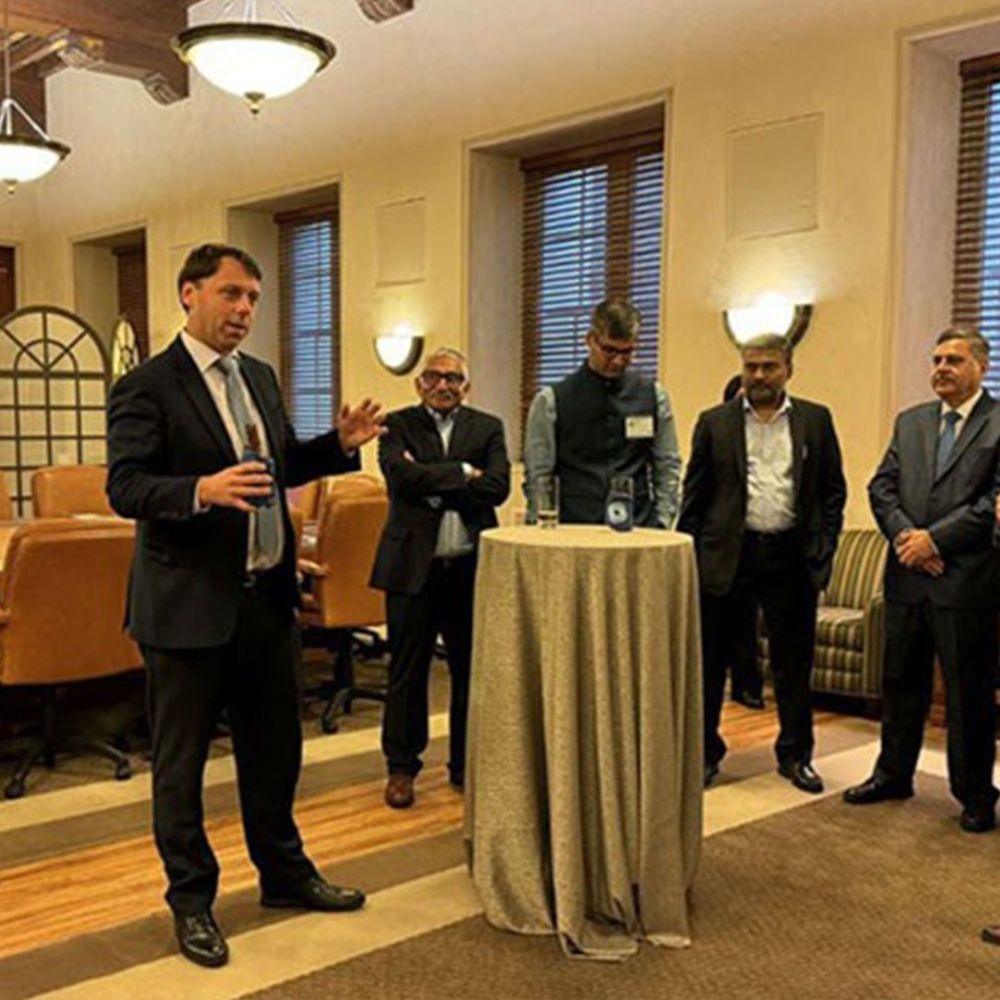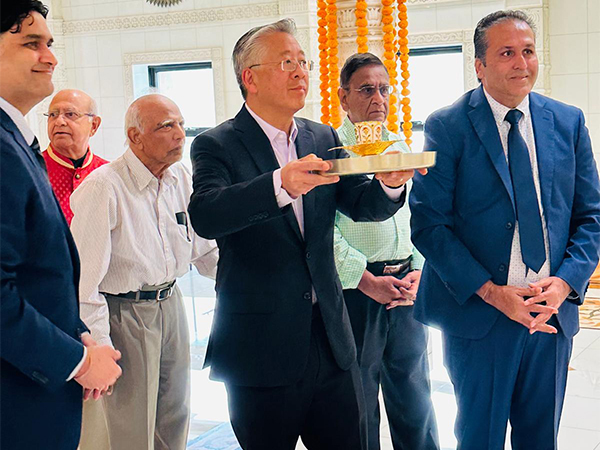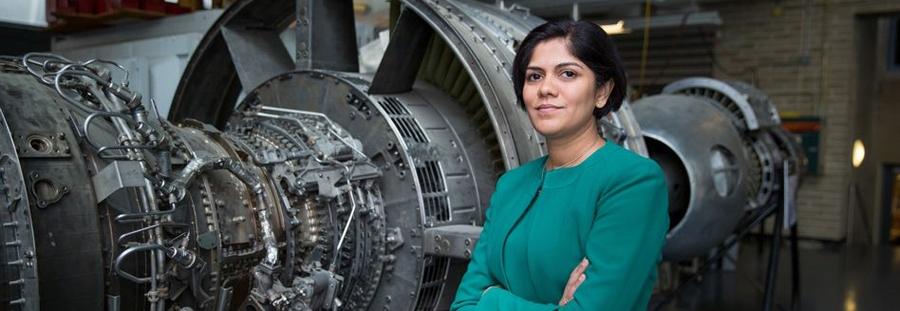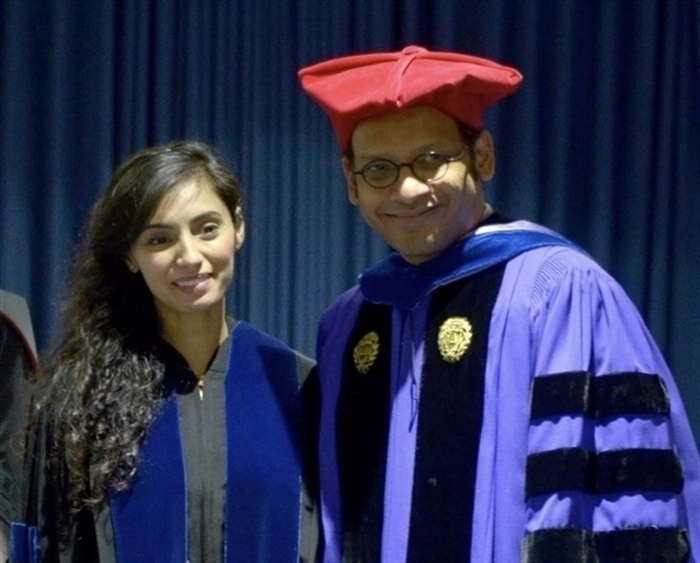Our Bureau
Binghamton, NY
Govindasamy Viswanathan, who is also the founder of the VIT, was conferred with an honorary Doctor of Laws degree by the State University of New York (SUNY) in Binghamton on May 10 for his contributions to international higher education. Also, Community members and VIT alumni gathered in Arlington, a Virginia suburb of Washington DC, to felicitate him.
He was honored for his strong background in educational administration as well as his humanitarian efforts and entrepreneurship. In 1984, Viswanathan established the Vellore Engineering College, which became VIT in 2001. VIT now has 4 campuses and serves over 88,000 students from across the globe.
At Commencement, Viswanathan praised the joint research projects, faculty exchanges, and collaborative publications and initiatives that “have not only expanded the horizons of our academic endeavors but also fostered a spirit of global learning and understanding.”
“The endeavors, initiatives and contributions of Binghamton University to the higher education landscape has been quite impressive,” he said. “It has been a great pleasure meeting and interacting with the top leadership, faculty members, and students of this amazing university. As chancellor of VIT, I know the importance and positive impact of collaboration and partnerships, and I am confident that such interactions will facilitate continued academic engagements.”
Viswanathan also discussed VIT’s many programs to uplift India’s underprivileged regardless of caste, creed or religion. The chancellor said that there is a need to spend 6% of the nation’s GDP on the education sector as it is vital to achieve the goal of India being a developed nation by 2047. “The per capita income of India in 2023 is $2,600. Those states which are good in education like the southern states or the western states are all above the national average,” he said.
“In the southern states, it varies from USD 3,500 to USD 4,000. Kerala comes first, Telangana second, and Tamil Nadu is third… They’re all around USD 4,000. Whereas Bihar and Uttar Pradesh are less than USD 1,000 because they lag in education,” he said. “It is not known to the people. People have to be taught about this. Political parties don’t take it seriously. Unless we concentrate on education, economically we cannot come up. It applies to families, society, states, and the country. That’s where I would very much like the state governments and the central government to sit together and see that enough money is allotted for education,” he said.
















